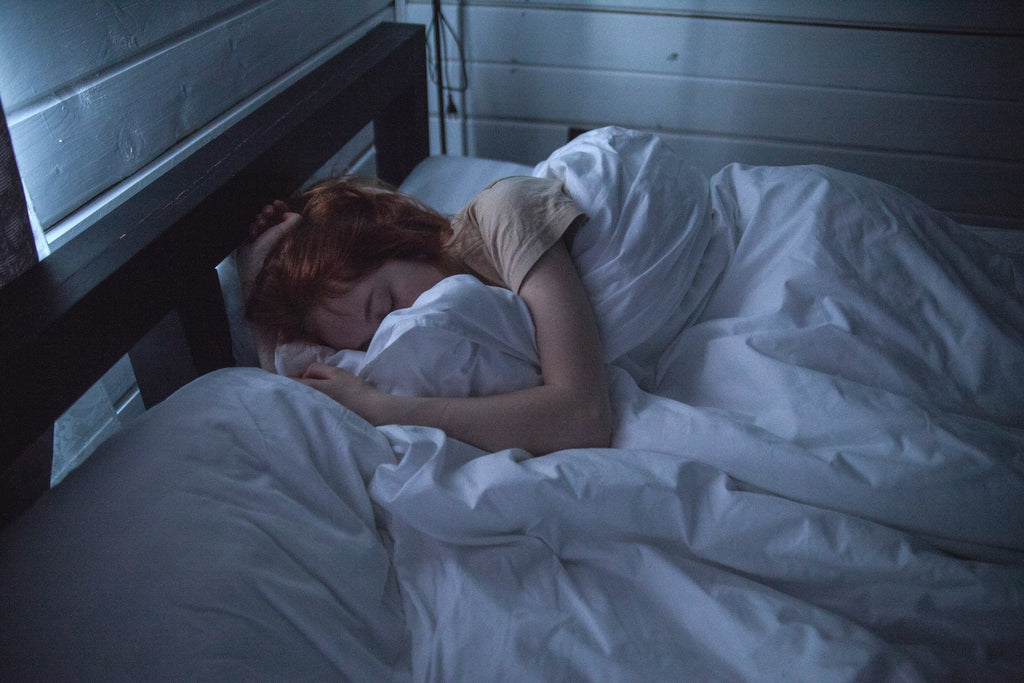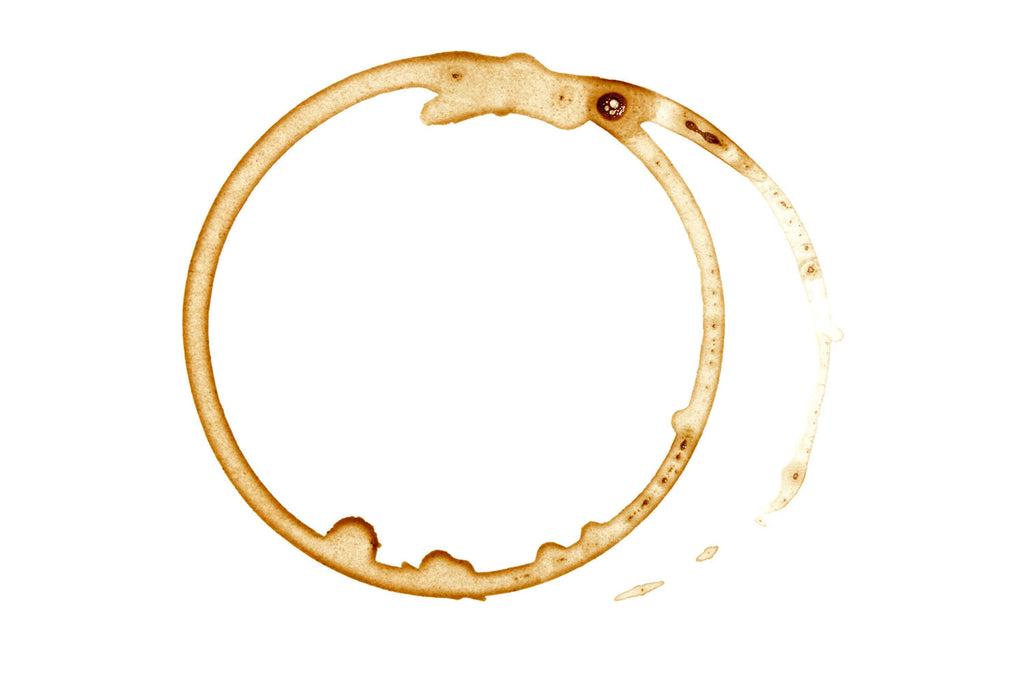
How Often Should You Be Changing Your Bed Sheets?

Your bedding is a significant part of your nightly sleep. It keeps you comfortable while you get the rest your brain and body need to survive. And your sheets, as the piece of bedding you’re in direct contact with, are a vital part of your bedding.
Now, we all know that we’re supposed to be changing and washing our sheets on a regular basis, but odds are, whether it's a bit of laziness, a busy schedule, or just not knowing, most of us aren’t washing sheets as much as we should be.
Today, we’re going to break down how often you should be washing your sheets. Believe it or not, the answer is less straightforward than you might expect. So keep reading to know everything you need to know about changing your sheets for a better night’s sleep.
What’s the Problem With Dirty Sheets?
Dirty sheets might not seem like that big a deal. After all, your sheets don’t look dirty after regular use, so it’s easy to think that it’s okay to go without washing them for a little while.
In reality, sheets that aren’t taken care of properly can actually reduce your quality of life in more ways than one.
Shedding Skin
One of the biggest reasons to change your sheets often is because of the skin you shed. Your body is constantly getting rid of the exterior cells of your skin. These cells, called keratinocytes, naturally fall off of your skin in droves every day.
Your body gets rid of about three-eighths of a teaspoon of skin every day. That’s millions of dead skin cells daily. These cells shed whenever there’s friction with your skin, and a lot of friction happens at night with your bed sheets, comforter, and other bedding. On top of that, your skin is also constantly releasing oil that gets absorbed into your sheets as well.
If you don’t clean your sheets too often, you’ll be rolling around in your own dead skin cells and body oil, which is pretty gross; but there’s more to the story.
Dust Mites
All this dead skin makes for great food for these tiny creatures called dust mites. They’re a relative of the spider, so they have eight legs, but they’re too small to be seen with the naked eye.
If too many dust mites build up on your bed sheets to eat up all your dead skin, it can lead to itching and even asthma flare-ups. On top of that, dust mites are a common allergen, so it’s especially bad if you have a dust mite allergy.
Bacteria
Bacteria live everywhere, including in your fitted sheets and duvet covers. They live in our bodies, on surfaces, and there are even live bacteria on your skin right now. This isn’t cause for alarm, but it’s important to remember that when your skin sheds its cells, it also gets rid of the bacteria that are living on your skin.
Your skin cells die, but oftentimes, these bacteria keep on living, feeding off of your dead skin and multiplying on your sheets.
In large amounts, this overactive bacteria can cause some potential health problems, including inflammation or infection of hair follicles and even (in extreme cases) eczema, which is caused by dry skin and overactive skin bacteria.
Your Furry Friends
If you’re a pet owner and your dog or cat likes to sleep on your bed, it’s even more important to keep your sheets nice and clean. Pets, as wonderful as they are, have loads of dander and bathe less often than us, so they tend to be breeding grounds for tons of bacteria and even fungi. Plus, if an accident happens, there might even be a bit of fecal matter left behind.
Although it’s not the most likely thing in the world that you would catch an infection from your pet, it’s still best to be safe than sorry and keep those sheets nice and clean.
Skin Health
In addition to all the bacteria and infections that dirty bedsheets can give you, all of the dirt, oil, and dead skin is not great for the skin cells that are still alive and on your body.
All of the grime can clog your pores and cause your skin to break out. Keeping clean sheets is really important for proper skin hygiene.
What Are Some Benefits of Keeping Clean Sheets?
Obviously, the main benefit of keeping your sheets clean is that you avoid all of the negatives that we just mentioned. But on top of that, there are a few quality-of-life benefits that you can expect from keeping your sheets clean.
Comfort and Softness
For starters, keeping your sheets clean is a great way to maintain the comfort of the bedding that’s in direct contact with your skin. Keeping your sheets clean is an important part of taking care of them and making sure they last a long time.
Dirt and grime can wear away at the fibers that make up your sheets. This not only takes away from the softness of the sheets, but it will also makes them thinner over time, wearing them out faster.
Running your sheets through the wash wakens up those fibers and gives them a nice fluff, keeping your sheets and pillowcases soft. In addition, dirt and oil clog the natural, tiny holes in your sheets. Keeping sheets clean helps them to breathe well to keep you comfortable and cool for a good night of sleep.
Clean and Replace
If you’re asking this question and reading this article, you could be searching for one of two answers: how often you should clean your sheets, and how often you should replace your sheets. We’re going to walk through both.
How Often Should You Wash Your Sheets?
To properly care for your sheets, keep away bacteria, and keep your sheets comfy you should be cleaning your sheets pretty often. The average set of sheets should be washed once a week.
That number can vary slightly depending on the material of the sheets. For example, silk doesn’t absorb as much moisture as a material like cotton, and as a result, it traps less dirt, oil, and skin cells than other materials. However, this doesn’t buy you that much time. Silk sheets should be washed at least every two weeks.
This might seem like pretty frequent washing to some people, especially considering that most people only wash their sheets every two to three weeks. But this is the appropriate amount of washing to assure that you have clean, fresh sheets every night.
When Should You Replace Your Sheets?
Bed sheets don’t last as long as some other forms of bedding. After all, they get used every single day and are relatively thin, so their lifespan can only be so long.
The average cotton sheets lasts between two and three years, but thicker linen sheets can last between three and five years. So make sure you buy new sheets when you need them.
How To Wash Bed Sheets
Now that we’ve discussed the importance of cleaning your sheets, let’s take a look at how to wash them.
Follow the Care Instructions
The most important thing is to follow the care instructions that are listed on your sheets. The manufacturers know how to best care for their own products, so take their advice to heart.
Some sheets will call for different water temperatures, some will need to be air-dried, and some may need to be washed by themselves without other garments or bedding. Whatever the case may be, it’s crucial that you follow instructions.
In General, Use Hot Water
Cotton is the most common material for sheets, and it can handle the hotter temperatures in the washer, so it’s best to use the hot water setting on your washing machine to get the best clean.
There are some exceptions to this. For example, polyester should be washed on warm, and silk should be washed on cold. But, by and large, hot water is the best way to rid your sheets of all the grime and dead skin buildup.
Use a Gentle Detergent
Gentle detergents are great for sheets and bed linens in general because they help to keep them softer for longer. They’re especially important for people with sensitive skin. Harsh detergents can be harsh on sensitive skin and cause inflammation, so if you have sensitive skin, a gentle detergent is a must for your bed sheets.
Even then, it might be best for you to run the sheets through another wash cycle without detergent just to make sure that it all gets washed out.
Dry Them
Most sheets can be dried on tumble dry with low heat, but some sheets need to be hang dried. Damp sheets gather dirt, grime, and dead skin quickly, so it's important to get your sheets completely dry before using them again.
Changing Your Bed Sheets
Now you know everything you need to know about keeping your bed sheets clean and comfortable for the long haul. Clean sheets are important for staying healthy, avoiding infection, and having great skin, so make sure you change your sheets once a week to make you a happier sleeper.
For more information on bedding and for a great selection of sheets, pillows, and more, check out eLuxury.
Sources
Powerful Tips for Acne-Free Skin | Immaculate Cleaning
How Often Should You Wash Your Sheets in Summer | Cleveland Clinic




